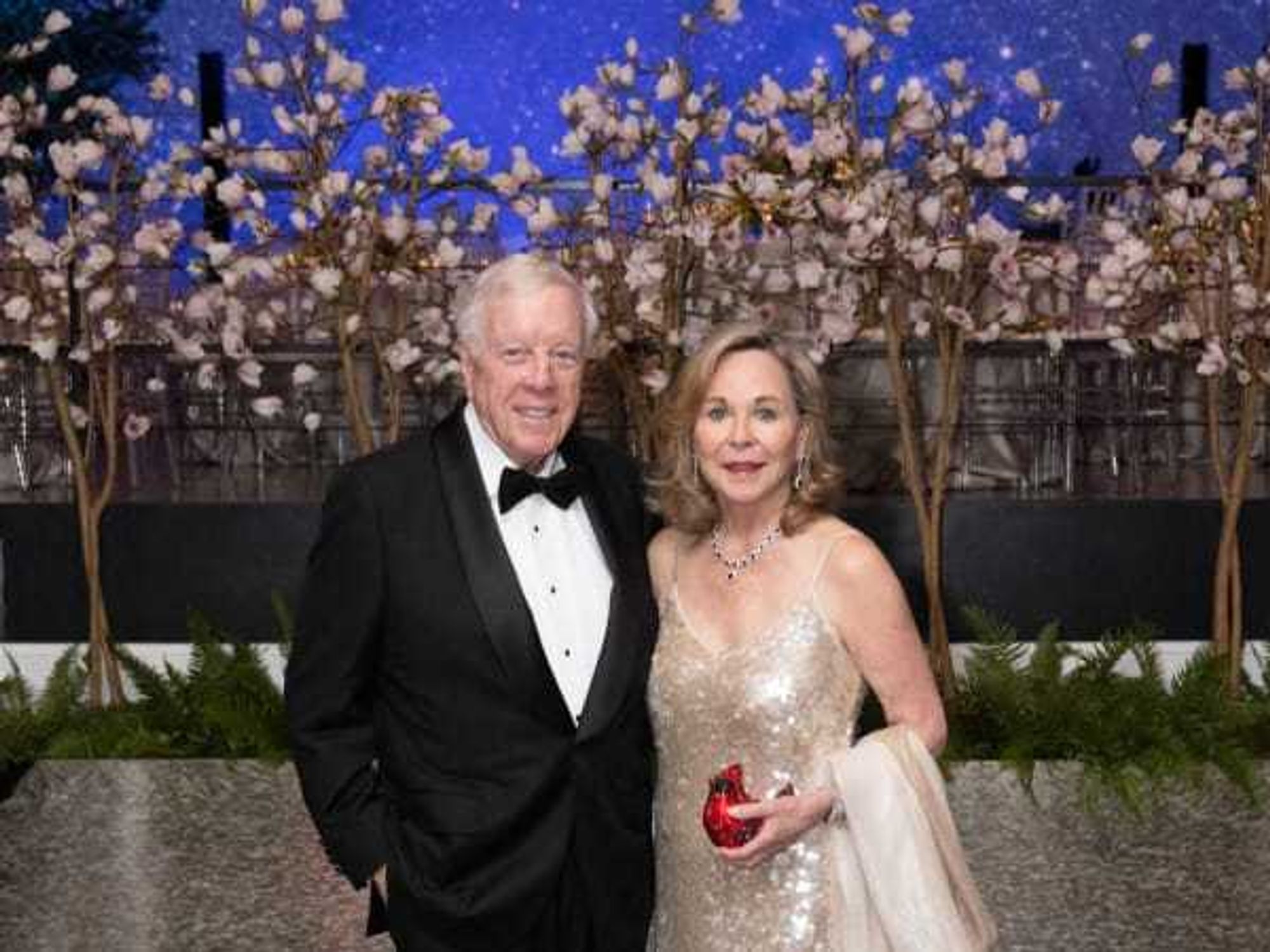Rising Stars
MLK Oratory contestants inspire thoughts of the Arizona shooting's youngestvictim
 First place winner Morgan Hunter, 10, poses for photographers while surroundedby her friends.Photo by Sarah Rufca
First place winner Morgan Hunter, 10, poses for photographers while surroundedby her friends.Photo by Sarah Rufca Contestant John Fields arrives and receives his sash.Photo by Sarah Rufca
Contestant John Fields arrives and receives his sash.Photo by Sarah Rufca Contestants await their turns.Photo by Sarah Rufca
Contestants await their turns.Photo by Sarah Rufca
Listening to the precociously talented students competing in the 15th Annual Gardere MLK Jr. Oratory Competition, it was hard not to think of Christina Taylor-Green, the youngest victim of the Tuscon shooting. Taylor-Green has been remembered for a civic-mindedness that led her to serve on her school council and to attend Rep. Gabrielle Giffords' "Congress on your Corner" event on that fateful Saturday.
As sad as her loss is, it was equally inspiring to see a dozen students her age from Houston schools present their visions of a brighter future based on the words and actions of Dr. Martin Luther King at Antioch Missionary Baptist Church on Friday. The fourth-and fifth-grade competitors wrote and performed original five-minute speeches that answered the question "How will you carry forward the legacy of Dr. King in your personal and professional life?"
The competitors were selected after performing first at their schools, than advanced from the 24 representatives at the semifinals. Each student competing in the finals received a savings bond from sponsor Gardere Wynne Sewell LLP..
First place winner Morgan Hunter, a 10-year-old from Dodson Elementary, spoke clearly of her desire to beccome a doctor and an activist and used the metaphorical style of Dr. King to express her dreams of curing the homeless, healing broken hearts and caring for the helpless "as Dr. King cared for the hopeless." Just as King "gave the world a prescription for injustice," Hunter ended her speech with her own prescription: A daily dose of hope, a dash of tenacity and a drop of compassion.
Second-place winner Raiya Goodman returned to the works of Dr. King and suggested we change the future by considering "WDDKD: What did Dr. King do," emphasising education, motivation and determination. Third-place finalist Joshua Jacobs reiterated his commitment to becoming "a man of intergrity and honor."
With passion and poise, several of the 12 finalists spoke in the voice of their future selves: doctors, lawyers, teachers, judges, even a presidential hopeful. Other students interpreted the legacy of Dr. King to encourage them to close the education gap (Torian Allen); "dedicate my time and energy to being the best I can be," (Maya Donker); to "be a drum major for justice," (Cameo Brown) and to "use the power of love and truth to bring about social change," (Ahnia Leary-Haley).
